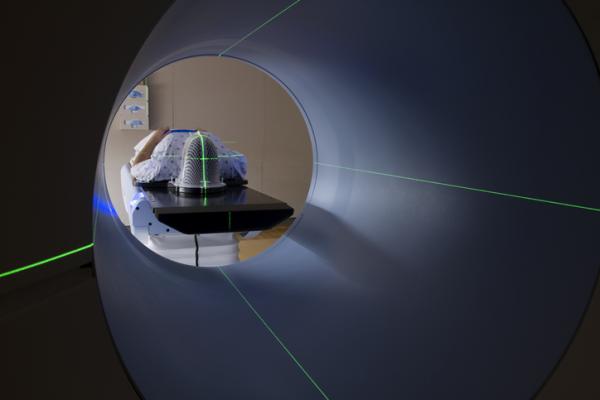
Getty Images
September 29, 2020 — On Sept. 18, 2020, the Centers for Medicare and Medicaid Services (CMS) published the “Specialty Care Models to Improve Quality of Care and Reduce Expenditures (CMS-5527)” final rule. The final rule includes a mandatory radiation oncology (RO) Model and End-Stage Renal Disease Treatment Choices Model. CMS believes these models will further their goal of shifting away from payment for volume of services alone and toward paying for value and outcomes. The RO Model will qualify as an advanced alternative payment model under the Quality Payment Program.
The RO Model will begin Jan. 1, 2021 and will run through Dec. 31, 2025. Certain radiation therapy (RT) providers and RT suppliers that furnish RT services within randomly selected Core Based Statistical Areas (geographic areas determined by zip code) are required to participate in the RO Model. The RO Model will include 30% of RO episodes in eligible geographic areas. The list of mandatory participants can be found on the RO Model website under “Participating Zip Code List.”
Under the RO Model, Medicare will pay participating providers and suppliers a prospective, site-neutral, episode-based payment for specified technical and professional RT services furnished during a 90-day episode to Medicare fee-for-service beneficiaries diagnosed with 16 different cancer types. An episode will only be triggered if there is an initial treatment planning service and at least one radiation treatment service within 28 days. Furthermore, another episode may not be triggered until at least 28 days after the previous episode has ended, referred to as the “clean period.” The base payment amounts for RT services included in the model will be the same for hospital outpatient departments and freestanding radiation therapy centers.
The American College of Radiology (ACR) will join the American Society for Radiation Oncology (ASTRO) in urging CMS and Congress to significantly delay the start date of the RO Model. Despite recommendations from ASTRO and the ACR to allow providers at least six months from the publication of the final rule to implementation due to the impacts of the COVID-19 public health emergency, CMS’ final rule only allows providers three and a half months to prepare for implementation. On Sept. 18, ASTRO issued a statement calling for additional reforms to the model along with delay in implementation. ASTRO stated that although mandatory participation representing 30% of eligible RO episodes is a positive step from the proposed 40%, this final rule goes too far for an untested model. The ACR strongly supports ASTRO’s statement and will be partnering in advocacy efforts.
Read the ACR initial summary on the model.


 February 04, 2026
February 04, 2026 









